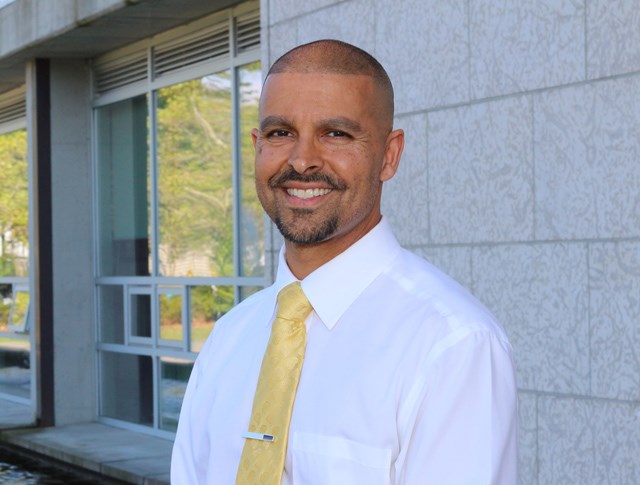What is it that intrigues so many about conspiracy theories?
From those who inhale every puff of gunsmoke from the grassy knoll to aliens colonizing the moon, why does it draw our attention, even if we have just a passing interest in the latest revelation or explanation?
Farhad Dastur, a cognitive scientist at Kwantlen Polytechnic University, will explore that moth to a flame relationship with a presentation on the psychology of conspiracies, superstitions, personal illusions and mass delusions during his Feb. 2 KPU TALK (Third Age Learning at Kwantlen) at the Richmond campus.
TALK is a series of education activities for those 50 and older, featuring guest speakers who offer their insights, information and experiences on a variety of subjects — from Dastur’s take on psychology to more down-to-asphalt aspects, such as tips on buying a new or used car.
Dastur said the lure of conspiracy theories can be explained by looking back at our ancestors who, in their time, had to be aware of threats to their very existence from outside forces, be it nature (predators or even climate), or other people harbouring malicious intent.
“A lot of our aspects of psychology are really biased towards paying attention and responding to the various threats in our environment,” he said.
And when you fast forward that evolved mind to modern day, where a mass communication network exists — including a media that thrives on drawing attention with salacious stories involving real, imagined or exaggerated threats — there develops a general state of anxiety, uncertainty and mistrust.
“I think those are the psychological roots underlying conspiracy thinking,” Dastur said.
“If you pardon the pun, there’s actually a conspiracy between how our minds are designed and the media-saturated times we live in, which constantly immerses us in a sense we are being threatened in terms of our safety and security,” he said. “We’re told about climate change, the e-bola virus, not to trust government, an economic collapse that is about to happen, to be wary of refugees and out of control crime rates.”
We also want an explanation for why the way things are in our world?
“It’s very clear that people are not satisfied with ambiguity, or incomplete information and uncertainty,” he said. “What they want is a story that makes sense of individual facts that, sometimes, by themselves do not make sense.
“They want to connect the dots. And our minds are very good at seeing patterns. Even ones that don’t exist.”
Dastur’s upcoming KPU TALK presentation is his fifth to date, and said he always looks forward to addressing those attending.
“It’s a fantastic group — people over the age of 50 who are life-long learners and come with this great motivation and thirst for knowledge. It’s a great group to talk to.”
For more information about the TALK series at KPU, visit online at kpu.ca/talk.



